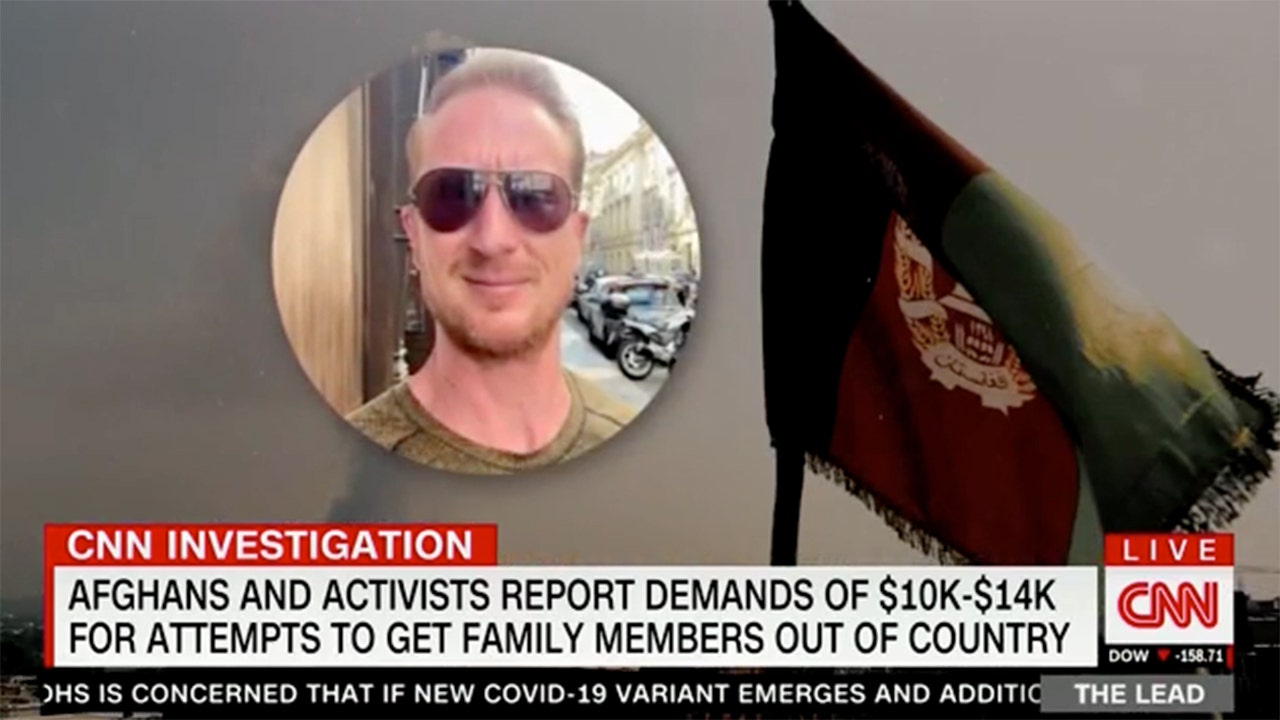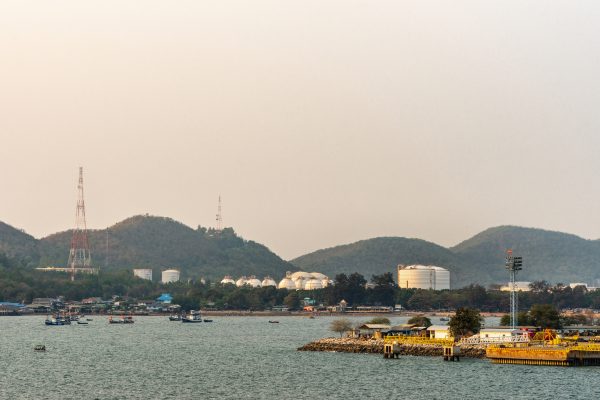Representation: Sierra Leone, which assumed the presidency of the UN Security Council in August, has called for permanent representation for Africa at the Security Council. President Julius Maada Bio has underscored the need to ensure Africa rightfully holds its place in the council. (Lev Radin/Pacific Press/LightRocket via Getty Images)
A bold Pact for the Future will be adopted at the the Summit of the Future and the 79th Session of the United Nations General Assembly, scheduled to take place from 10 to 23 September. The pact envisions the corrective measures required to preserve the planet and enhance the quality of life for the youth and future generations.
Sierra Leone, which assumed the presidency of the UN Security Council in August, has called for permanent representation for Africa at the Security Council.
During his first engagement with the Security Council last week, Sierra Leone’s President Julius Maada Bio underscored the need to ensure Africa rightfully holds its place in the council. He said: “The time for half-measures and incremental progress is over … Africa’s voice must be heard, and its demands for justice and equity must be met.” Likewise, he noted that “Despite being home to over 1.3 billion people, and the 54 African countries making up 28% of the total membership of the UN, with significant contributions to peacekeeping and conflict resolution, Africa remains grossly underrepresented in this vital organ of the UN.”
Bio has strengthened collaboration and coordination with the members of the African Union Committee of Ten heads of state to ensure that Africa’s position on reforming the UN Security Council is consistent. The Committee of Ten has called for Africa to have two permanent seats with veto rights and five non-permanent seats.
UN Secretary General António Guterres commended Sierra Leone’s request for permanent representation of Africa at the Security Council, stating that “the Security Council was established by the victors of World War II, and we cannot tolerate the absence of permanent representation for a continent with a population exceeding one billion”. He emphasised that “a strengthened role for African countries in addressing global security and development challenges is paramount — as the council’s presidential statement, adopted unanimously in May, makes clear.”

Earlier this month, the Security Council’s Signatories, including Sierra Leone, France, Switzerland and the Republic of Korea, expressed concerns about the negative effect on women’s and girls’ rights caused by the termination of UN peacekeeping operations in some countries. The signatories alluded to the necessity of developing comprehensive gender-responsive conflict analysis and technical gender support to guide the political transition and ensure the sustainability of women, peace and security (WPS) commitments. They also called for incorporating gender equality benchmarks during the political transition’s phases and better integration of WPS into the Security Council to enhance delivery on the UN mission transitions.
The African group stressed in recent deliberations the need for further fair international tax systems for sustainable development. Accordingly, the Pact of the Future ,which has been already proposed, will be revised to ensure inclusivity and effective international tax cooperation and debt reforms led by the UN.
While acknowledging the increasing demand for a permanent representation for Africa at the Security Council to amplify multilateralism, pressing issues related to the New Agenda for Peace include the call for further support to enhance continental and national governance structures and institutions in Africa — as stipulated in sustainable development goal 16 and Moonshot 3 of Agenda 2063 to empower the peace agenda on the continent shall be encouraged by African leaders.
Connecting to this, the fourth edition of Aswan Forum for Peace and Development concluded in Cairo last July under the theme “Re-envisioning Global Governance for Peace and Development” called for a holistic approach to strengthen the peace/ security and development/governance nexus in Africa through key recommendations. These include:
A plan of action for the future to concretise the implementation of the Pact for the Future, which includes mobilising the resources to translate them into reality on the ground, with monitoring and follow-up mechanisms;
Amplifying and unifying African voices on re-envisioning global governance, including through advancing a common African position on key issues that have direct bearing on the continent’s peace and development;
Support of African regional and national development frameworks and priorities. International financial institutions and multilateral development banks should also ensure that their strategies in conflict areas are attuned to national development strategies; and
Advance the common African position on climate change, peace and security and strengthen Africa’s voice in global negotiations on climate issues.
The Summit of the Future will address key proposals across 12 commitments, including leaving no one behind; protection of the planet; abiding by international law and ensure justice; promoting peace and preventing conflicts; placing women girls at the centre; building trust and action to tackle corruption; improve digital cooperation; upgrade the UN; ensure equitable finance; boost partnerships; work with youth; and enhance preparedness for the future through strengthening strategic foresight and global health security.
Figure 1 Key proposals for the Summit of the Future (Source: UNSG Report on the Summit of the Future)

Sara Hamouda is officer in charge of the sustainable development goals and Agenda 2063 Continental Governance Programme at the African Peer Review Mechanism continental secretariat in Johannesburg. She is also a member of the MO Ibrahim governance panel.





















Discussion about this post